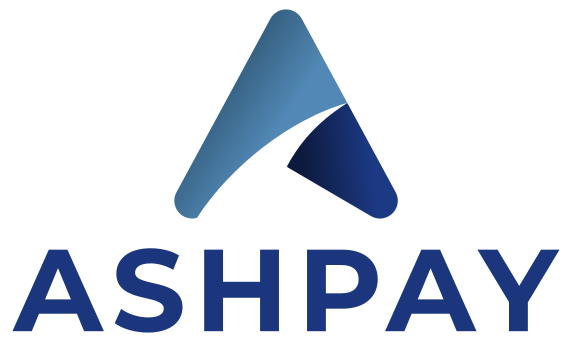Elavon is here to make accepting various form s of payment simple and easy. We understand that our industry terminology can be a bit confusing, so we’ve defined some of those that are most common to business owners below. You’ll be speaking our language in no time!
- Assessments – fees charged to the Acquirer by all card brands to maintain the Interchange system.
- Authorization – The process by which a transaction is approved by the customers’ card issuing entity. Permission is given (or denied) to the merchant, via the acquirer, to accept a specific transaction for the card acocunt number. Authorization is based on the cardholder account status and available credit. Authorizations can be electronic through a terminal, voice operator, or automated response unit.
- Batch – A grouping of credit card transactions as captured by a merchant and submitted to their Acquirer for settlement and funding. A batch is usually an entire day’s activity.
- Chip Card – A card (debit or credit) that carries an embedded computer chip with interactive capabilities for better authentication of the cardholders’ transactions. Also called an integrated circuit card or a chip card.
- Chargeback – A dispute procedure initiated by the cardholder and/or the card issuer after receipt of the initial presentment from the acquirer. Used to correct erroneous presentments or to exercise the cardholders’ rights under the applicable payment card network rules
- Compliance – The procedure a MasterCard and Visa member may use to resolve a dispute between members when no chargeback reason code applies. The challenging member must prove financial loss due to a violation of MasterCard and/or Visa rules by the other merchants.
- Disputes – A transaction “in dispute” is a charge that has been posted to a cardholder’s account now being questioned for validity. Disputes are governed by card network operating regulations which provide instructioins for action and timelines by types of transaction disputes.
- Encryption – The methodology used to digitally scramble numerical information for security purposes. For example, all Personal Identification Numbers (PIN’s) are encrypted when transmitted the payment card issuer for authorization.
- EMV – The global technology standard for embedded chip cards owned by a business consortium including Europay, Mastercard and Visa (commonly known as “chip” card technology)
- Interchange – The fees established by the involved payment card network paid by a merchant and their transaction acquiring entity to the cardholders’ card issuing bank as a part of the routing, settlement, and funding of an authorized payment card transaction.
- Merchant Identification Number (MID) – A particular account number assigned by Elavon to identify a merchant on Elavon’s systems.
- MO/TO – Mail order/telephone order
- NFC – Near field communication (mobile payments)
- Point Of Sale (POS) – A terminal, at the point of sale, which is connected via telecommunication lines to a central computer. Authorization, recording and transmitting of transactions are performed through the terminal.
- PCI-DSS – Payment Card Industry Data Secuirty Standards – These standards are proprietary data security and regulations for businesses and organizations which handle, receive, transmit or store the payment card information from the major card brands such as American Express, Discover, Mastercard and Visa.
- Representment – A chargeback representment is the process by which a merchant customer can dispute a chargeback as presented with an issuing bank. The representment process allows the merchant customer to present evidence, information, or documentation to prove that a chargeback presented against their card processing account is not warranted or valid under the governing card network rules.
- Settlement – The process by which merchant and card-issuing banks exchange financial data and funds resulting from card transactions, cash advances, merchandise credits etc. It can indicate that transactions were settled from the terminal. It also can refer to the clearing of transactions through Interchange.
- Tokenization – Tokenization protects actual payment card numerical data. It converts or replaces the numerical cardholder data with a unique token value to be used for subsequent transactions.
More payment processing related terms available here.
